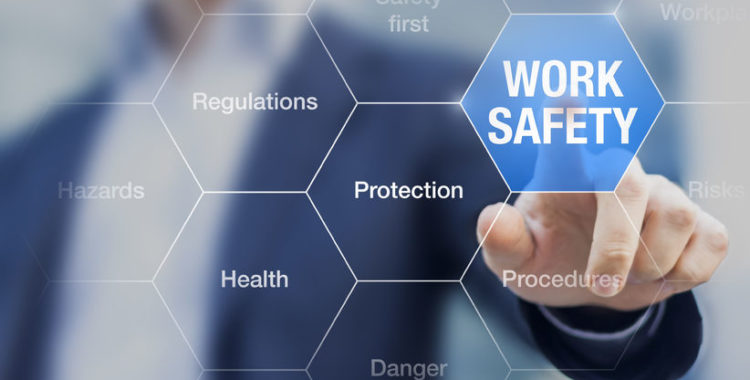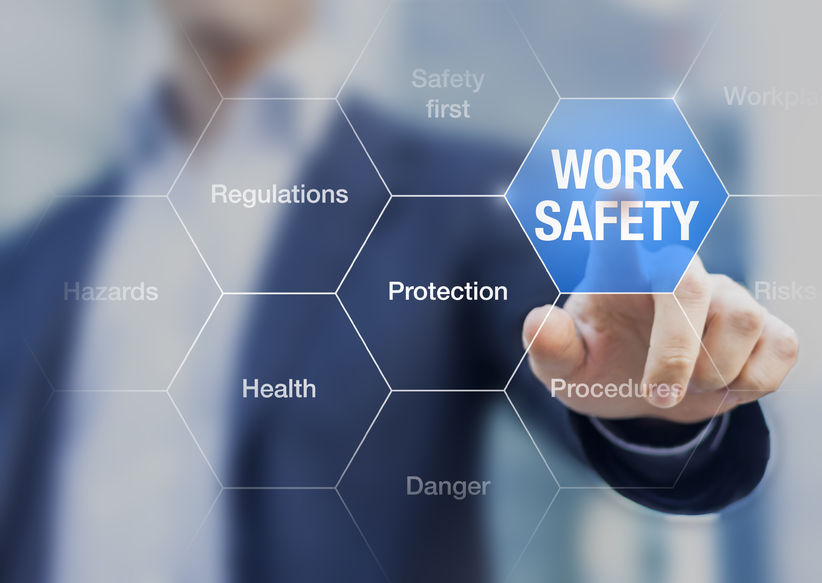
Many companies have a “zero tolerance” policy for violence in the workplace. It’s pretty standard nowadays, and everyone knows not to hit, punch, slap or even touch their co-workers. While employers prohibit workplace violence, the law was unsettled about whether your employer has to protect you from workplace violence.
But now, in an unprecedented decision, the Occupational Safety and Health Review Commission concluded that employers have a duty to protect employees from workplace violence. This duty includes protection from violence by third-parties, like customers or clients.
The Commission’s ruling was against Integra Health Management, Inc., who provides social services to their clients (including house calls), many of whom have mental illnesses or criminal and violent histories. During an in-home visit, a client fatally stabbed an Integra employee. Not only was Integra aware that some clients demonstrated high-risk behaviors tending toward violence, the employee previously complained in her written reports that she was uncomfortable being alone with the client and that he was exhibiting delusional behaviors. Therefore, the OSHR Commission determined that because Integra recognized that its in-home services could pose a safety hazard towards employees, Integra had a duty to take protective measures.
What does this mean for you? It depends on what you do at work. While this decision was in the context of a healthcare worker, it can apply to employment relationships where your work exposes you to potential risks for workplace violence. For example, your employer’s duty to protect you will be more likely if it requires you work with individuals who have medical conditions that have a higher risk of violence or individuals who have violent criminal histories, and your employer is aware of these potential safety hazards.
It also means that you may be protected from retaliation for complaining about workplace violence to your employer or to the Occupational Safety and Health Administration.
So, if your employer is exposing you “to the hazard of being physically assaulted by [clients] with a history of violent behavior,” take a few minutes to read the OSHA ruling linked below. If you think it applies to you, then take the steps needed to guarantee your safety on the job.
SOL v. Integra Decision, OSHRC Docket No. 13-1124
OSHA Guidelines for Preventing Workplace Violence for Healthcare and Social Service Workers
DOL Investigation Finds Hospital Employees Exposed to Workplace Violence Hazards

